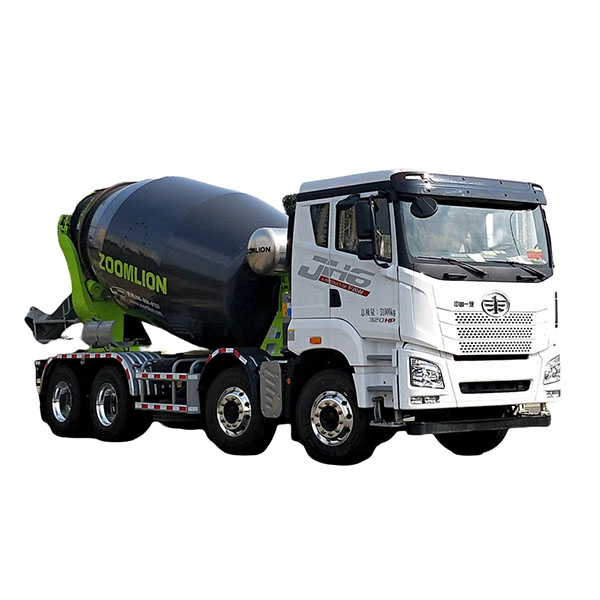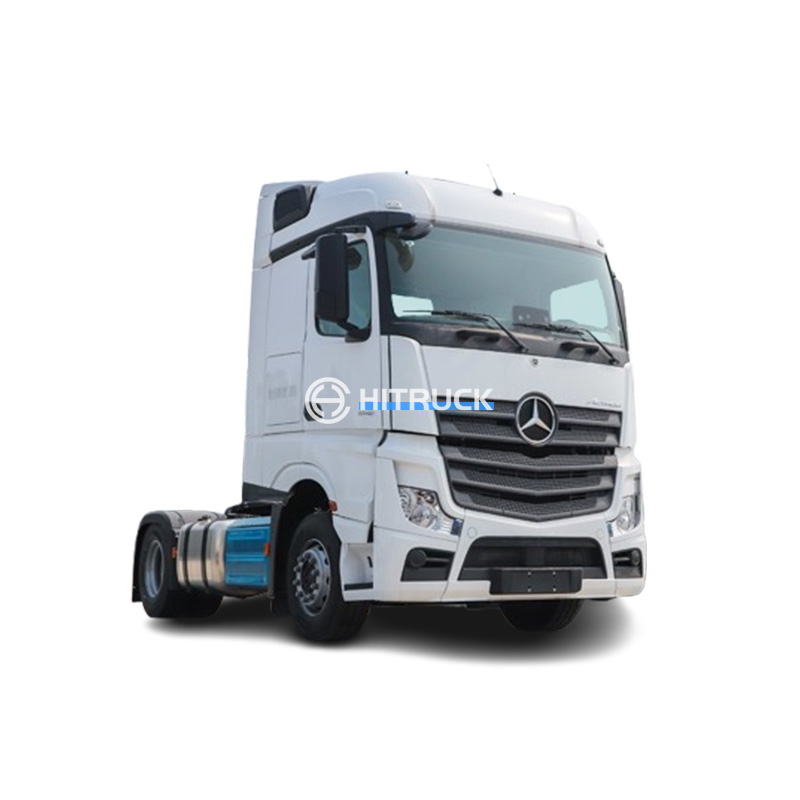This guide provides a comprehensive overview of fire truck cabs, covering key features, considerations for selection, and factors influencing their design and functionality. We'll explore different cab types, safety features, and the importance of choosing the right cab for your specific needs. Learn about the technological advancements shaping the future of fire truck cabs and how to find the perfect fit for your department or organization. For a wide selection of high-quality firefighting equipment, including fire truck cabs, visit Suizhou Haicang Automobile sales Co., LTD.
Conventional fire truck cabs are the most common type, offering a straightforward design with seating for the crew. They typically feature a bench seat configuration and offer ample space for equipment storage. Their simplicity translates to lower initial cost and easier maintenance.
Crew cabs provide increased seating capacity compared to conventional cabs, allowing for more firefighters to be transported to the scene. This is crucial for larger departments or incidents requiring a larger response team. They often incorporate additional storage compartments to accommodate the extra personnel's gear.
Extended cabs offer a compromise between conventional and crew cabs, providing more space than a conventional cab but less than a full crew cab. This can be a cost-effective option when additional seating and storage are needed, but not to the extent of a full crew cab configuration.
Safety is paramount in fire truck cab design. Essential features include reinforced roll cages, improved impact absorption systems, and enhanced visibility systems. Advanced safety features such as electronic stability control (ESC) and anti-lock braking systems (ABS) are becoming increasingly standard.
Long hours spent in a fire truck cab demand a comfortable and ergonomic design. Features such as adjustable seats, ample legroom, and climate control systems contribute significantly to driver comfort and reduce fatigue, leading to improved response times and safer operations.
Modern fire truck cabs are integrating advanced technologies. This includes sophisticated communication systems, GPS navigation, and data logging capabilities, which streamline operations and provide valuable information for post-incident analysis. Consider the level of technology integration that best suits your needs and budget.
The selection process for a fire truck cab should consider several factors: budget, crew size, required equipment storage, and the specific operational needs of your department. Consulting with experienced professionals and manufacturers like Suizhou Haicang Automobile sales Co., LTD is vital to ensure you make the right decision.
Regular maintenance is essential for the longevity and safety of your fire truck cab. This involves routine inspections, timely repairs, and adherence to the manufacturer's recommended maintenance schedule. Proper maintenance minimizes downtime and ensures the cab remains in optimal condition for emergency response.
| Feature | Conventional Cab | Crew Cab | Extended Cab |
|---|---|---|---|
| Seating Capacity | 2-3 | 4-6+ | 3-4 |
| Storage Space | Limited | Extensive | Moderate |
| Cost | Lower | Higher | Medium |
This information is intended for general guidance only. Always consult with relevant industry professionals and manufacturers for specific advice regarding fire truck cabs and related equipment. For more information, please refer to fire truck manufacturer websites and industry publications.












